
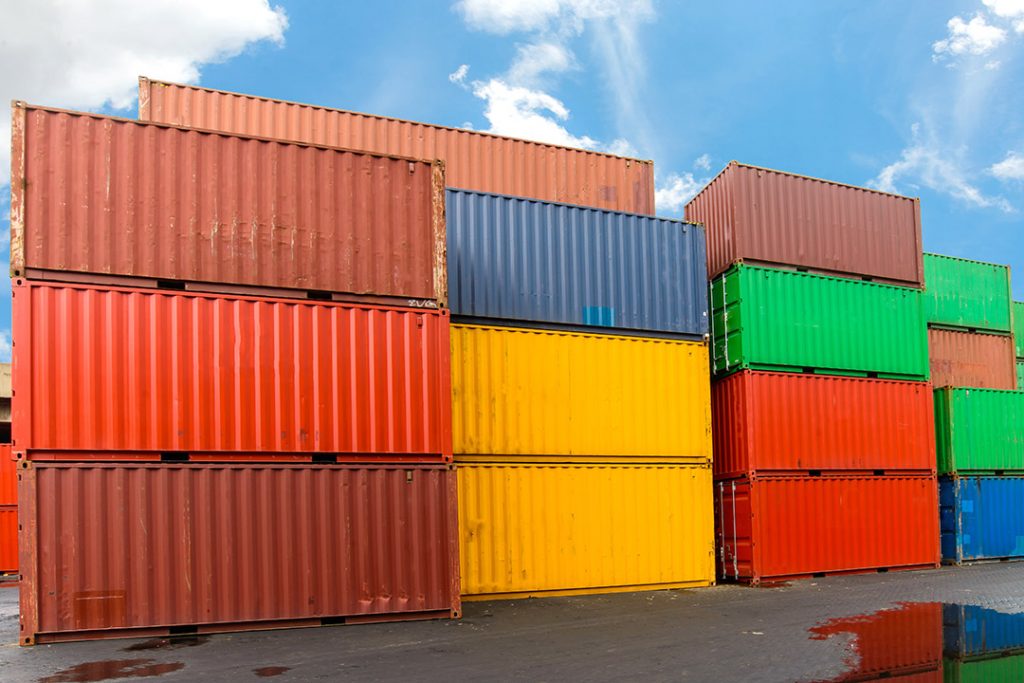
Denmark-headquartered Baltic Control was approved as an inspector of U.S. exports to China earlier this year | Bullstar/Shutterstock
China has approved the first non-Chinese-government-affiliated entity to inspect U.S. recovered fiber shipments to the Asia country. The move raises questions about the country’s long-term plans for recovered fiber imports.
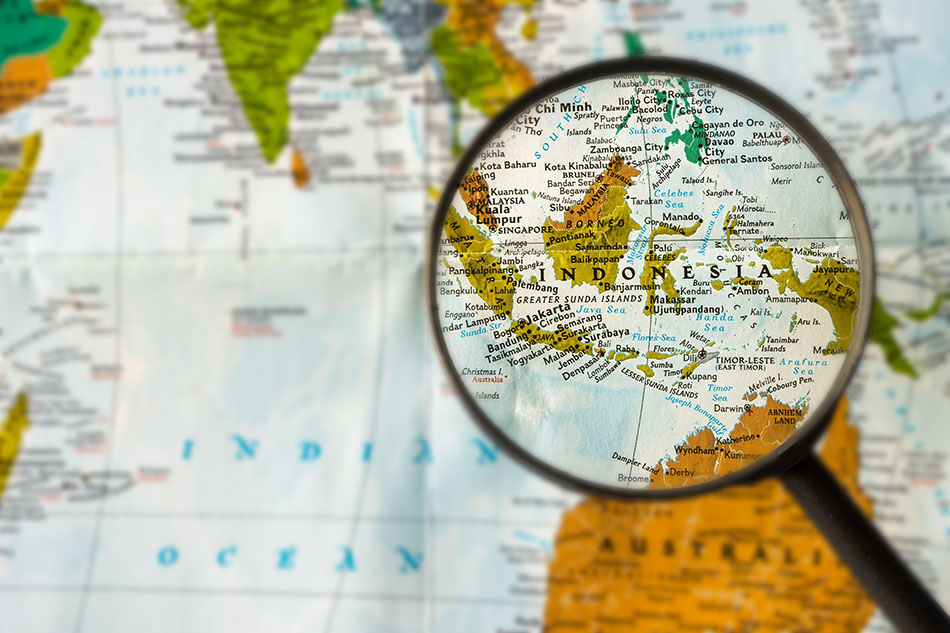
Waste watchdog Basel Action Network tracked containers of mixed paper that were shipped from the U.S. to Indonesia and were rejected. | Naruedom Yaempongsa/Shutterstock
Contaminated bales of recycled paper stonewalled at Indonesian ports were not returned to the U.S. as promised, according to environmental organizations.
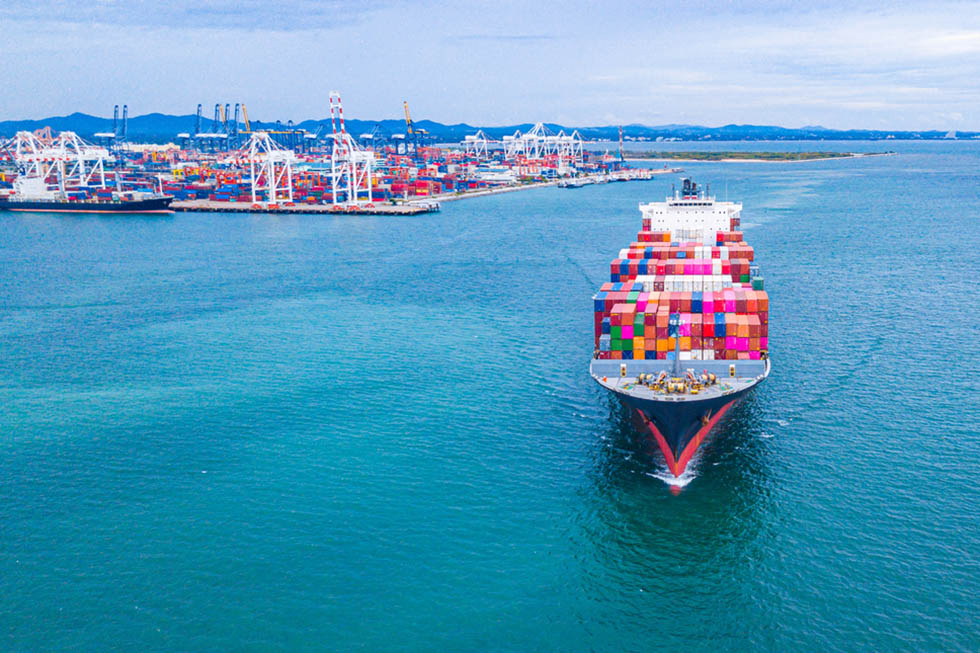
Trade data shows the U.S. has exported 4.2 million short tons of recovered fiber to China from January through August this year. | apiguide/Shutterstock
China continues to import a substantial amount of OCC from the U.S. and elsewhere. But an all-out ban and other regulatory changes loom on the horizon.
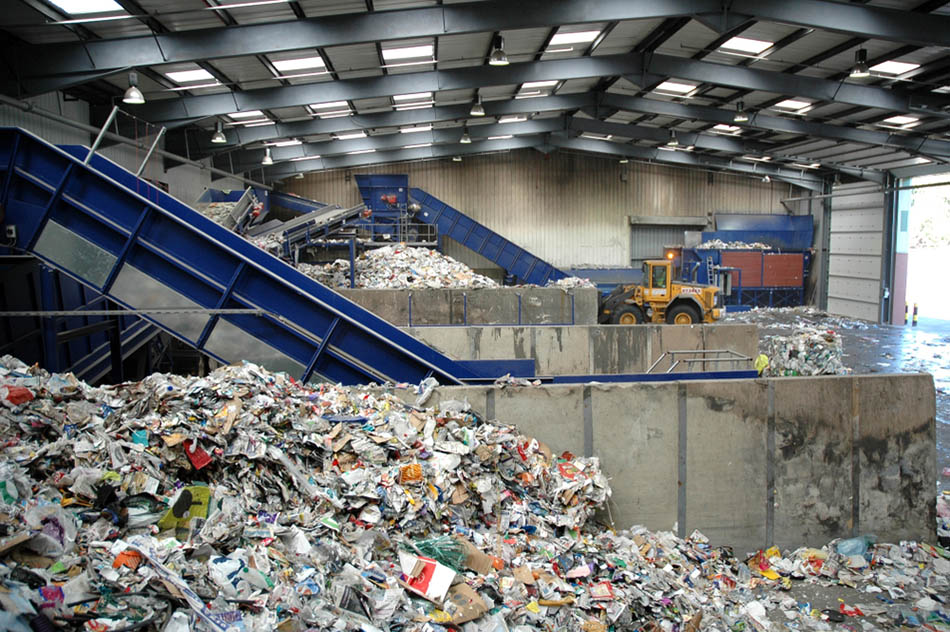
An ISRI commissioned study found that the U.S. recycling industry directly or indirectly supports nearly 532,000 jobs. | priscilla list/Shutterstock
A recently released study estimates the U.S. recycling industry will have a nearly $110 billion economic impact this year. That’s about 6% lower than the number from two years ago.
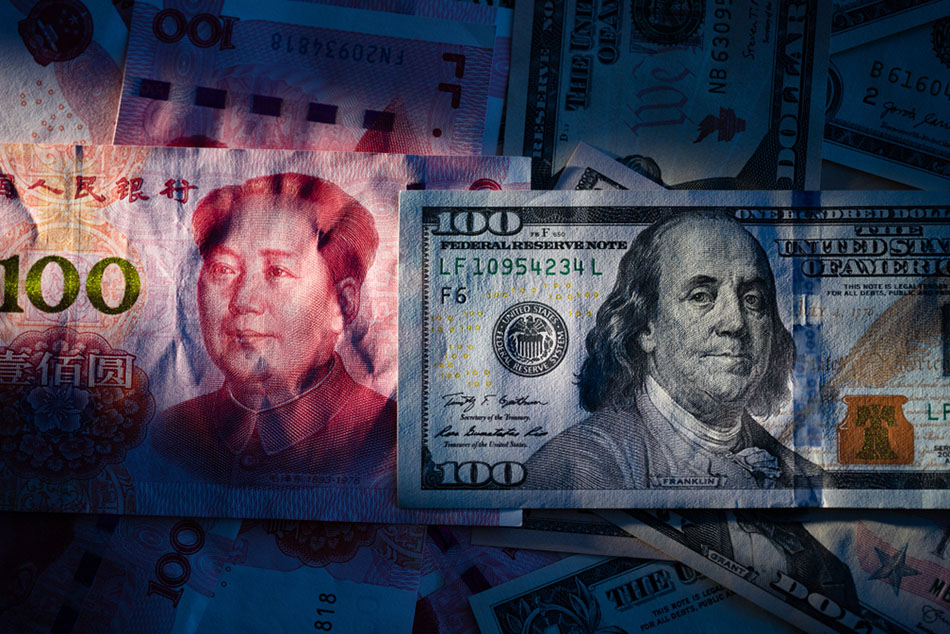
In May, the New York Federal Reserve Bank estimated tariffs in effect at that time would cost the average U.S. household $831 a year. | aijiro/Shutterstock
The escalating trade war between the U.S. and China is creating uncertainty among small businesses and exacerbating a global manufacturing slowdown, according to The Wall Street Journal.
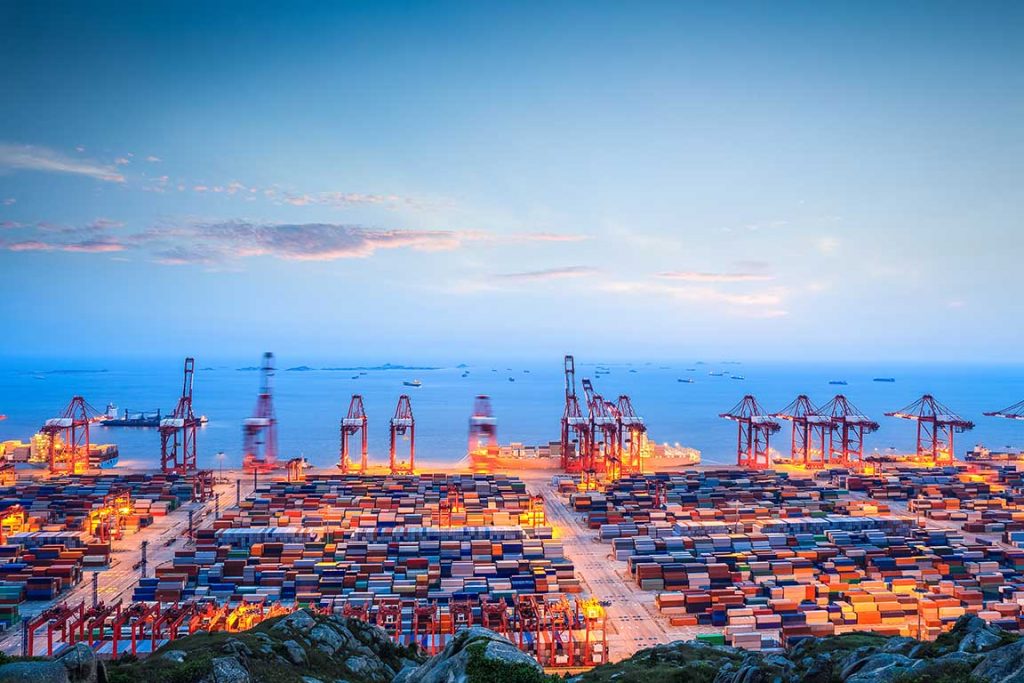
China has announced further tariffs on U.S. recyclables. | chuyuss/Shutterstock
U.S. exporters who are still moving OCC and other recyclables to China may face higher costs, after the Chinese government last week announced additional tariffs on key scrap materials.
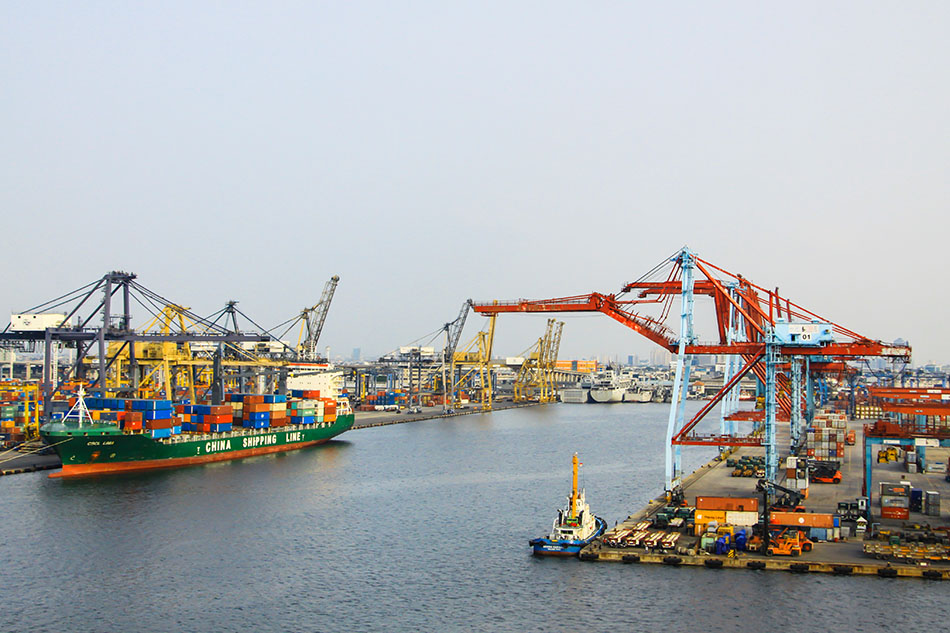
Indonesia’s government has been developing more rigorous import restrictions for recovered fiber for the past several months. | Unureanu Catalina Oana/Shutterstock
After months of uncertainty about recovered paper restrictions in Indonesia, the nation’s government has opted to evaluate bale contamination using two separate categories, according to multiple industry groups.
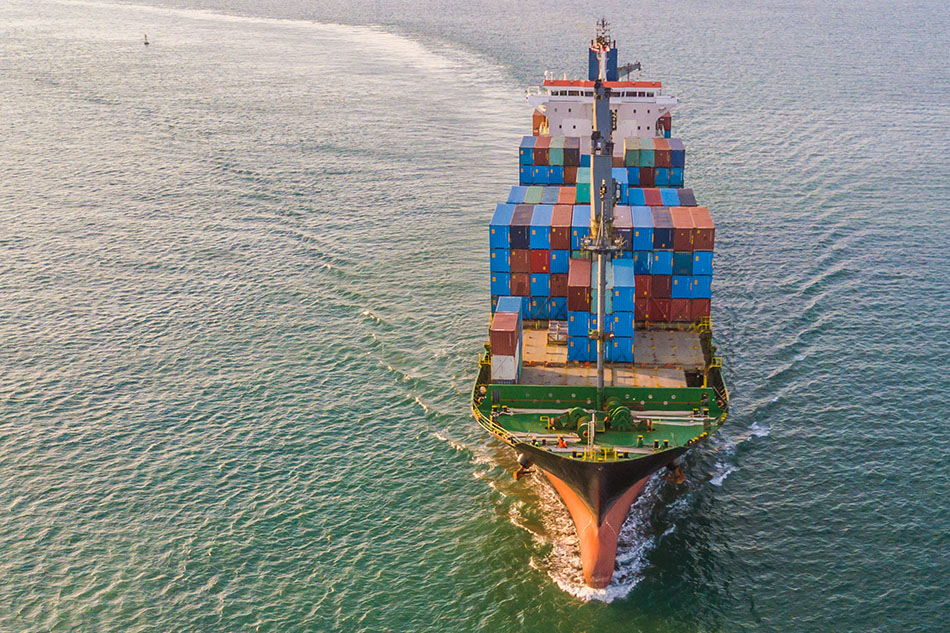
During the first six months of 2019, India brought in 156 million pounds of U.S. scrap plastics. | Avigator Fortuner/Shutterstock
Recovered plastic has largely stopped flowing from the U.S. into India, which until recently has been among the top importers of the material.
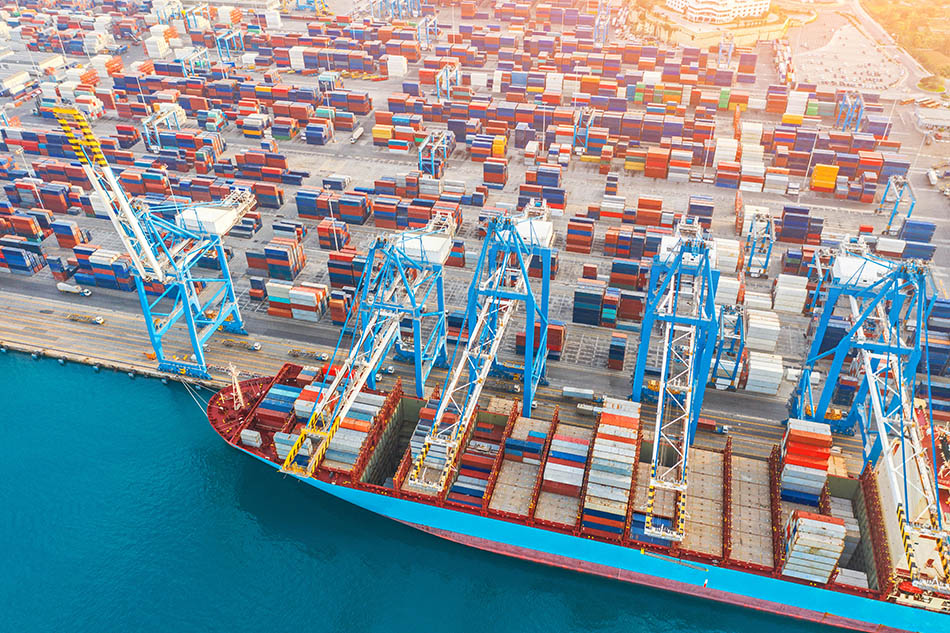
U.S. exporters shipped out 773 million pounds of scrap plastic in the first half of 2019. | aapsky/Shutterstock
Federal trade statistics released last week show U.S. export volumes for the first six months of 2019. Recycled plastics have seen a major drop when compared with figures from a year ago.
